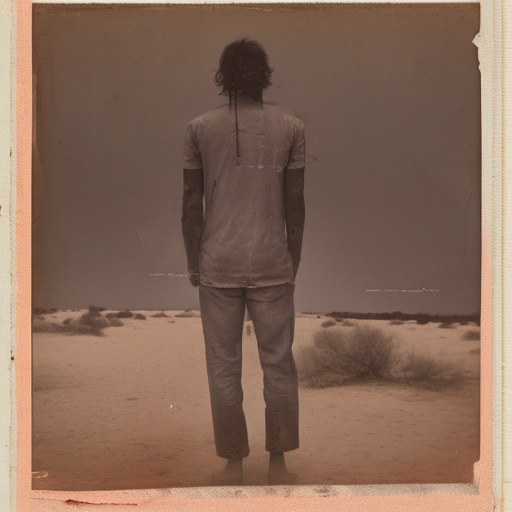One-line Summary:
Paris, Texas (1984) directed by Wim Wenders
A man wanders through the desert, suffering from amnesia, until he is found by his brother who helps him reconnect with his past and his estranged family.
Main Cast and Crew:
- Director: Wim Wenders
- Writer: Sam Shepard, L.M. Kit Carson
- Key Actors: Harry Dean Stanton as Travis Henderson, Nastassja Kinski as Jane Henderson, Dean Stockwell as Walt Henderson, Hunter Carson as Hunter Henderson
- Music Director: Ry Cooder
- Director of Photography: Robby Müller
- Producers: Anatole Dauman, Don Guest
Plot:
Travis Henderson, a man suffering from amnesia, is found wandering in the desert by his brother Walt. Travis is taken to Los Angeles to reconnect with his past and his estranged family. As Travis slowly regains his memory, he remembers his failed marriage to Jane and their young son, Hunter. Walt convinces Travis to return to Texas to find Jane and Hunter.
Travis and Hunter embark on a road trip through the vast landscapes of Texas, searching for Jane. Along the way, Travis tries to rebuild his relationship with his son, who has been living with Walt and his wife Anne. Travis eventually finds Jane working in a peep show in Houston. He confronts her, but she is initially reluctant to reconnect.
As Travis persists, Jane agrees to meet him at a motel. They have a heartfelt conversation where Travis reveals his remorse for abandoning his family and his desire to start anew. Jane admits her own mistakes and the two begin to reconcile. However, Travis realizes that he cannot be the father Hunter needs and decides to leave him with Jane.
The film ends with Travis walking away, disappearing into the vastness of Texas, while Hunter watches him from a distance. The movie explores themes of redemption, forgiveness, and the search for identity, as Travis grapples with his past mistakes and attempts to rebuild his shattered life.
Themes and Motifs:
Paris, Texas delves into themes of family, identity, and the search for connection. Travis’ journey through the desert mirrors his internal struggle to regain his sense of self and find his place in the world. The vast landscapes of Texas serve as a metaphor for the emotional distance between characters and the vastness of their unspoken regrets.
The motif of mirrors is also prevalent throughout the film, symbolizing self-reflection and the fractured nature of Travis’ identity. The use of mirrors highlights the characters’ desire to confront their past and come to terms with their mistakes.
Reception and Legacy:
Upon its release, Paris, Texas received critical acclaim for its stunning cinematography, powerful performances, and poignant storytelling. The film won the Palme d’Or at the 1984 Cannes Film Festival and was praised for its exploration of human emotions and the complexities of family relationships.
Paris, Texas has had a lasting impact on cinema, influencing numerous filmmakers with its visual style and introspective narrative. It is considered a classic of the American independent film movement and is often cited as one of the greatest films of the 1980s.
Recommendation:
Paris, Texas is a mesmerizing and deeply introspective film that explores the complexities of family and the search for redemption. Wim Wenders’ masterful direction, combined with Harry Dean Stanton’s captivating performance, makes this a must-watch for fans of art-house cinema. The film’s stunning visuals and haunting soundtrack by Ry Cooder create a truly immersive experience.
Memorable Quote:
“I knew these people. These two people. They were in love with each other. The girl was very young, about 17 or 18, I guess. And the guy was quite a bit older. He was kind of raggedy and wild. And she was very beautiful, you know… And together they turned everything into a kind of adventure. And she liked that. Just an ordinary trip down to the grocery store was full of adventure. They were always laughing at stupid things. He liked to make her laugh, and they didn’t much care for anything else because all they wanted to do was be with each other. They were always together…”












